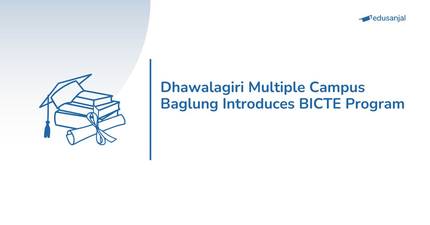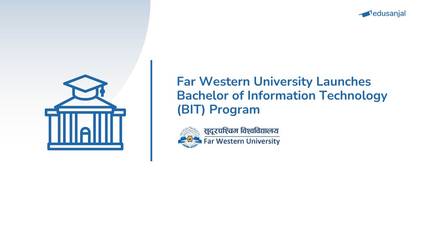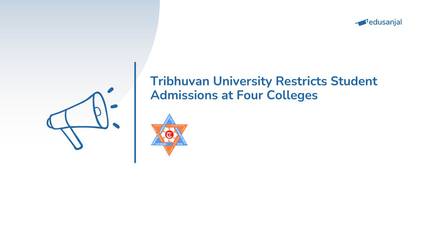The Institute of Engineering (IOE), Tribhuvan University, announced its intention to increase fees, citing a compelling need to address ongoing financial challenges. The institution underscored that the current fee structure, which has remained the same for 28 years, is no longer sustainable for delivering quality education. The IOE further highlighted the reduction in government subsidies over the years as a contributing factor, straining their ability to operate efficiently.
According to Dr. Suraj Lamichhane, Assistant Dean of the IOE, the decision to raise fees was taken as a last resort. He emphasized that the institute would continue to provide full scholarships to 40 percent of students while the remaining students would be required to pay the full fees. The total available seats stand at 2,420, with 1,810 seats subject to full fee payment. Dr. Lamichhane noted that the allocated budget and positions from the government cater to only 610 students, leaving a significant financial gap.
In response to the financial challenges, the teaching staff at the IOE have been teaching under contracts, and many have yet to receive a salary increase in the last two years, despite a 15 percent salary hike being announced previously. Dr. Lamichhane expressed concern over the institute's financial losses, amounting to NPR 6.5 crores over three years. Essential funds such as bonds and taxes have been depleted, further exacerbating the financial strain.
Addressing the opposition to the fee increase, Dr. Lamichhane acknowledged the institution's commitment to accessible education for all, regardless of financial background. He disclosed that the fee structure was established in 2054, initially at NPR 50,000 for regular students and NPR 3,18,000 for full-fee students. While an annual 10 percent increase was proposed, it still needs to be implemented due to the high fee rates.
As the IOE grapples with financial sustainability, concerns have arisen over its ability to continue operations in the coming months. Dr. Lamichhane lamented that the financial crisis could force the institute to close its doors, impacting students' academic prospects for the next semester. He stressed that teachers could not continue to provide their services without compensation, potentially leading to the institution's self-imposed closure.
In an effort to bridge the financial gap, Dr. Lamichhane expressed willingness to teach students without fees if the government provides the necessary investment. He highlighted that profitability was not the institution's priority and urged the state to allocate funds to support quality education.
Amid these financial uncertainties, the IOE faces a critical juncture that could impact its educational mission and the future of its students. The situation calls for collective efforts from stakeholders to address the funding crisis and ensure the continuation of quality engineering education in Nepal.












